Mintel’s report illuminates the year ahead. What will crisis-fatigued consumers want in 2023?
Times have rarely been tougher for consumers. That means they have a growing list of demands.
Not only do they want products that help the planet, but ones that don’t break the bank. They aspire to a healthy diet, but also need moments of indulgence as a respite from the so-called ‘permacrisis’.
So says global market research firm Mintel in its annual Food & Drink Trends report, released this week. It forecast several new consumer demands and behaviours to arise from this landscape.
Based on workshops among Mintel’s network of global food & drink analysts and consumer data from 36 global markets, it set out eight key trends for the year ahead and beyond. Here are four key ones to watch:
Savvy sustenance
Money may be tight, but that doesn’t mean nutritional concerns are taking a back seat.
In fact, Mintel says offering macronutrients, vitamins and minerals at an affordable price point will be vital in appealing to value-conscious shoppers.
Educating consumers about nutrition and meal preparation on reduced budgets, ideally with tips from public commentators on the subject – think Jack Monroe as an example – will also help brands succeed.
“Focusing on affordable, natural nutrition will be a winning formula for brands,” forecasts Mintel food & drink director Alex Beckett.
Adaptable cooking
As inflation mounts and the threat of global recession looms, shoppers are looking to cut costs wherever they can. That’s particularly true of their energy consumption.
Against this backdrop, Mintel’s research suggests brands should be offering cooking methods that help lower energy bills.
That could mean catering to the growing demand for energy-efficient cooking appliances: microwaves, air fryers and pressure cookers.
Or it could simply be offering a rapid meal that won’t involve cranking up the oven for hours. Beckett points to cooking sauces or recipe bases such as Woolworths’ time-saving Onion Thickener as examples.
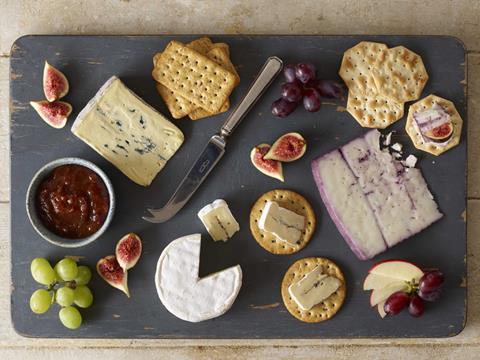
As this attribute grows in importance, Mintel predicts energy consumption in cooking will become an on-pack message in the future.
Some are already taking note. Iceland recently challenged shoppers to stop using their conventional ovens for a week, offering a £5 voucher to those who made the pledge in a ‘Save Hot Dinners’ campaign.
In the same vein, the frozen food specialist also overhauled its own-brand packaging to add energy-efficient cooking instructions.
Worth of water
As climate change concerns rule the headlines, consumers are set to become more concerned about their use of food and water.
Mintel notes a more respectful and resourceful use of water will become a priority for consumers – and it should be for brands, too.
Already 36% of Brits are limiting water usage at home all the time and 45% do it most of the time, according to the report.
“This points towards the emergence of a more informed and hardened global consumer,” says Mintel senior trends consultant Richard Cope.
“There will be a rise in the need for categories and services that require less water during production, distribution and end use by consumers.”
Shoppers will increasingly scrutinise products requiring a lot of water to produce, such as beef, cheese and poultry.
On the flip side, lower levels of water usage will emerge as an increasingly compelling selling point for animal protein substitutes, Mintel says.
Unguilty pleasures
Consumers are understandably feeling overwhelmed by “crisis upon crisis”. In this climate, brands should rethink the positioning of pleasurable food and drink products, Mintel suggests.
“Often, pleasurable food and drink is marketed as being naughty, guilty or frivolous,” it says. “This approach can be alienating for consumers – even those who adhere to healthy diets need some well-earned, guilt-free respites.”
Instead, there is an opportunity to position pleasurable food and drink as an occasional necessity in tough times – or an essential within the growing realm of self-care.
“The hedonism we were awaiting post-Covid remains out of reach thanks to the cost of living crisis,” Beckett says. “That’s why we’re giving the theme of pleasure the same priority you’d normally see for more sober, issue-focused food and drink trends of today, like sustainability and nutrition.
“Pleasure must be taken just as seriously, especially with the tough times ahead.”














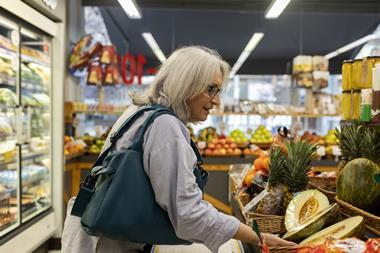
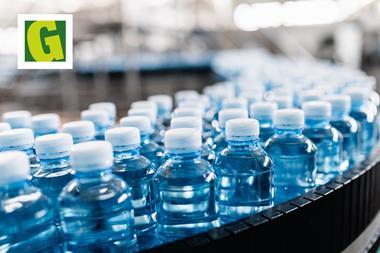
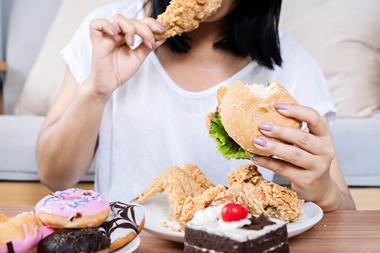
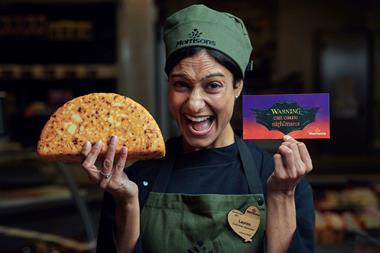
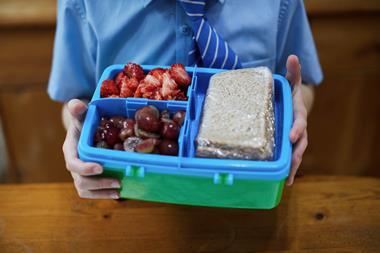
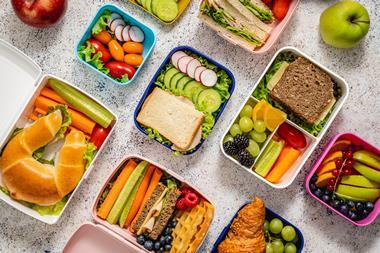
No comments yet